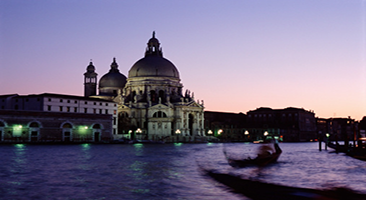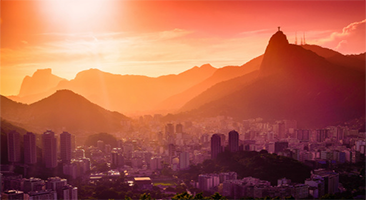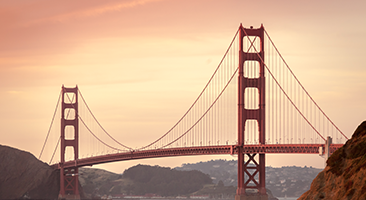10 Differences Between Americans and Canadians
If there’s one thing loyal Canadians hate, it’s having others mistake them for an American everywhere they go. Even though everyone outside of Quebec speaks English, people from the United States, Britain, and other English-speaking countries seem to assume that proficiency in the language automatically equals American citizenship. When you’re Canadian born and bred, the differences are so obvious. Unfortunately, they’re not to others. If you’re fed up with the wrong assumptions or plan to visit Canada and don’t want to make a faux pas, consider these differences:
- Canadians favour using the expression “eh” after nearly everything they say. However, it’s pronounced “ay.” Americans, on the other hand, are more partial to the words “like” and “whatever.”
- An American and a Canadian who each have a child in his or her fifth year of school will give different answers to the question “What grade is your child in?” For Americans, it’s fifth grade. For Canadians, it’s grade five.
- A trained observer could identify a Canadian simply by his or her pronunciation of the words “out” and “about.” The vowel sounds in both words are drawn out and sound more like “aw.” Americans pronounce these words differently, unless they happen to live in Minnesota. Just as an FYI, residents of that state get just as testy at being mistaken for a Canadian as Canadians do about being mistaken for an American.
- Summer begins for Canadians as soon as it stops snowing for several days in a row. In some parts of America, a temperature below 60 degrees Fahrenheit means breaking out the down coat and gloves.
- The letter Z is another major area where citizens of the two countries differ. Although it is often replaced by an S when Canadians spell words, the pronunciation is zee, just as it looks. In the United States, people tend to add an –ed to the end of the letter when pronouncing it.
How The Two Countries Differ In Culture and Government
Cultural and governmental differences between the two countries should be just as obvious as the differences between citizens. However, most people remain ignorant of them. Here’s how you can help:
- The United States is the only industrialised nation in the world that does not use the metric system to determine measurement. Miles, feet, inches, and centimetres in America go by entirely different names in Canada.
- As mentioned above, the United States uses the letter Z in words such as realize whereas Canada uses the letter S. Canada also adds the letter U to many words with a preceding O, such as neighbour and flavour.
- Canada has both one and two-dollar coins called loonies and toonies. America primarily uses paper one-dollar bills. One and two-dollar coins do exist, but people rarely use them. The next largest bill in the United States is the five-dollar bill, same as Canada.
- The United States has 50 states while Canada has 10 provinces. Both nations have additional territories. They also use different words to describe their top leader. America has a President, Canada has a Prime Minister.
- The health care systems of the two nations are one of the biggest differences between them. The United States has a complicated system of private payers and insurance companies while Canada has universal health care. Gun control is another major political difference between America and Canada. The latter nation has it while the former does not have a uniform policy across the nation. Gun owners exert more pressure on the government for their right to bear arms in the United States.
Now that you know these important pieces of trivia, you can visit either nation without offending the locals. Should you decide to take up residency in one of them, use this as your official study guide.
Learn More About What's Covered with 1Cover
Get a quote for your next overseas trip.
Does your credit card travel insurance measure up? Find out more.
Look after yourself when you travel.
Our comprehensive guide for snowbirds and seniors travel.
Further Reading
 Europe is great for a getaway but make sure you're prepared. Check out our Europe guide for travel tips.
Europe is great for a getaway but make sure you're prepared. Check out our Europe guide for travel tips.
 Mexico is a beautiful place to enjoy, but it can be dangerous for the unaware traveller.
Mexico is a beautiful place to enjoy, but it can be dangerous for the unaware traveller.
Keep yourself safe on your next trip to the states and check out our travel information.
More Information About Popular Destinations




